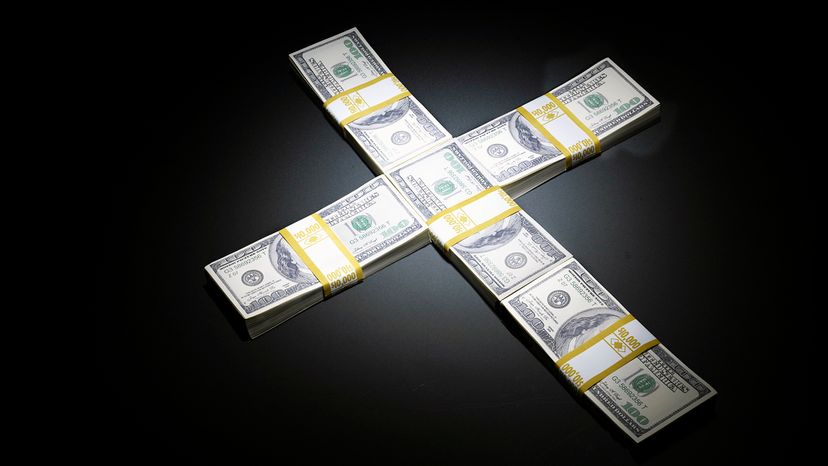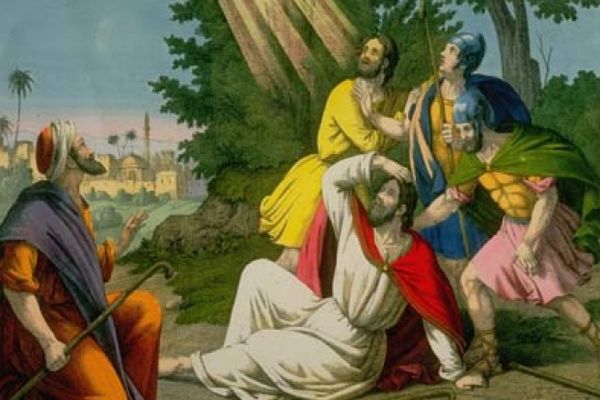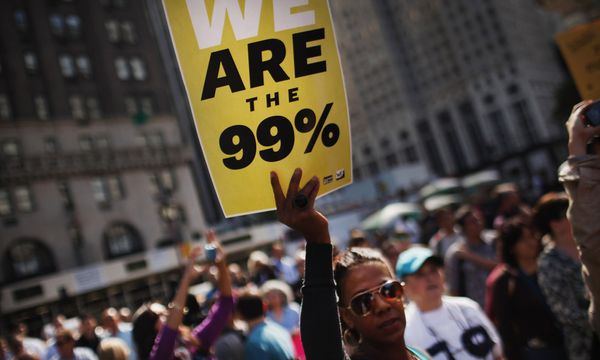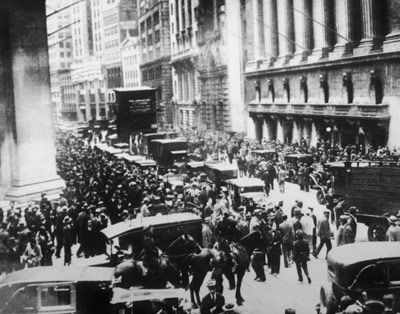
There are hundreds (by some estimates, thousands) of religions across the world. The Oxford Dictionaries defines religion as "the belief in and worship of a superhuman controlling power, especially a personal God or gods." Based on this definition, we can draw some interesting comparisons between the worship of a god and the worship of the almighty dollar. What is money if not a "superhuman controlling power"? That's what Matt Frederick, Ben Bowlin and Noel Brown discuss in this episode of Stuff They Don't Want You To Know: Is money a religion?
It's not that (all) people outwardly worship money — or the economy or financial institutions. But many of the trappings of organized religion are based around them. In his book "The Theology of Money," philosopher Philip Goodchild points out that our entire financial system is built on faith. Our money has value because we agree it has value. Especially as money goes increasingly digital — like debit cards and Bitcoin — that idea of trusting the monetary values is essential to the economic structure in place. Currency essentially represents a promise to pay a debt that is backed up by a financial institution like a bank or the Federal Reserve. Without confidence in that promise, our money isn't worth the paper it's printed on.
Advertisement
And it hasn't always been printed. In the past, valuable items like chocolate, salt, peppercorns and other precious goods were used to trade for other products or services. This is known as commodity money because the value is in the actual material from which it is made.
So besides basically having a faith-based economic system, there are other aspects of finance that mirror religion. Many religions, for example, have temples or holy places where one can go worship, or speak to a priest or high holy member to help interpret the will and the ways of their god or gods. Some might interpret Wall Street, or the stock market, as just such a place: a buzzing center of economy, with investors calling out to buy or sell stocks based on nothing more than investor confidence — or essentially, belief in something's value.
The mysterious power of the free market or the economy also has to be translated into layman's terms for many of us, especially since the modern creation of money is so complicated. It encompasses credit, lending, fractional reserve banking and so on. We rely on financial advisers to interpret the will of the market for us. And mismanagement or misinterpretation can result in a "smiting" from that powerful force in the form of economic recessions and depressions as we saw in many countries during the global financial crisis of 2008.
Religion has been used to manage human behaviors through the threat of hell or the promise of eternal life in heaven. But philosopher Goodchild argues that money, and debt, are now the main motivators for human cooperation — so much so it's begun to intertwine with religion. There's a huge sect of Christianity known as prosperity gospel that equates personal wealth as a sign of being blessed by god, tying money and religion ever closer. Does this mean an official sect will ever be established? Or that more traditional forms of religion will peter out in favor of a theology of money? You'll have to tune in to see what Matt, Ben and Noel have to say in this pious podcast.
Advertisement


